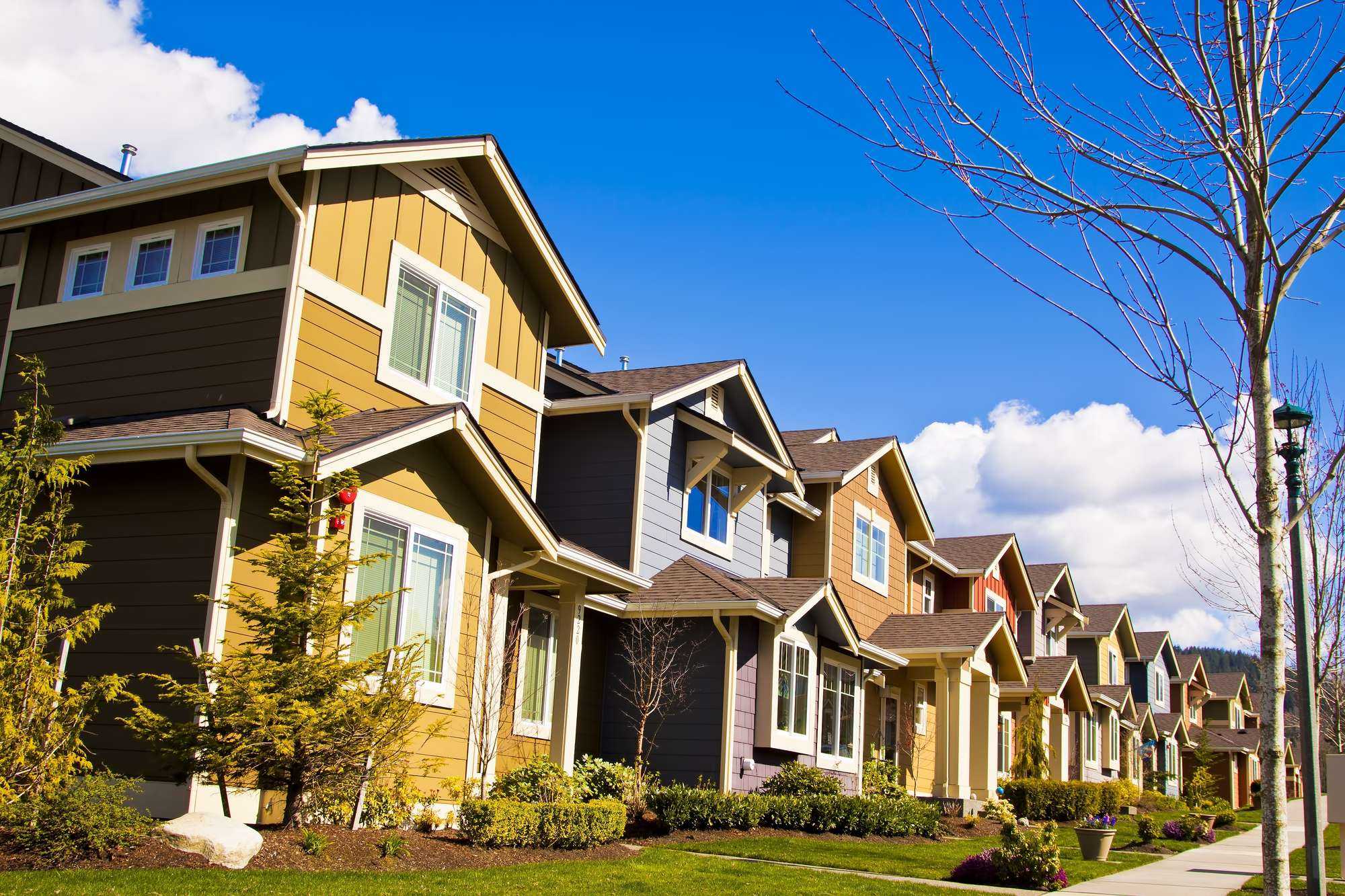on
BY JAY BRIJPAUL
The Toronto Regional Real Estate Board (TRREB) predicts that home prices will increase by 10% in 2021. TRREB estimates that over 100,000 homes in the GTA will be sold this year. Jason Mercer, TRREB’s chief market analyst, said in the report that “the pandemic certainly resulted in an unprecedented year for real estate in 2020, but it hasn’t put a damper on the overall demand.”
Despite the pandemic, there were 95,151 homes sold in the GTA in 2020. The average selling price of homes has risen by 13.5% year after year. With the pandemic, sales for detached homes has gone up by 15.1% while the number of available listings has dropped. This trend acts as a catalyst, resulting in accelerated price increase. The condo apartment market experienced an increase in listings and a reduction in sales, especially during the last quarter of 2020. However, in January the condo market picked up steam and prices are now on the incline.
In a recent survey, TRREB reported that 30% of respondents indicated that they are likely to buy a home in 2021. However, many of these buyers cannot save fast enough to keep up with the drastic increase in home prices. Over fifty-five thousand buyers bought in the suburbs last year, pushing prices in these areas to new heights. Homes that sold for $600,000 in Barrie in 2020, for example, are selling for $750,000 this year.
January has been a record-breaking month for real estate with a total of 6,928 properties changing hands. In January 2020, there were only 4,546 homes sold. The number of new listings has gone up to 9,430 compared to 7,848 in January 2020. As a real estate foot soldier, I can see what is happening on the ground. Currently for every home, there are about ten buyers. There are line ups to view properties. The majority of properties have an offer presentation date set for the seller to review all offers. A bulk of the homes are selling above the asking price. I listed a home in Mississauga for $980,000. Within one week there were 87 showings and thirteen offers. The home sold for $1,190,000 without conditions for financing or home inspection.
A buyer buying a home for $1,000,000 with $200,000 down payment will pay a mortgage of $4,141 monthly, based on a 1.8% interest rate. With property tax, insurance and utilities, their monthly cost will exceed $5,000. This creates a huge financial burden and that’s why homes with basement apartments are in high demand.
Financial planning is more crucial than ever. One slip and the entire basket will come crashing down. With the pandemic, many families have maxed out on their credit cards, paying high interest rates. The increase in property value is good news for homeowners because they can now consolidate these debts into their mortgage. One criterion to qualify is the loan-to-value ratio of the property. For example, if the property is worth $800,000 and the remaining mortgage is $200,000, then the loan-to-value ratio would be 25%/75%. Lenders would lend up to 75%/25% loan-to-value on the property provided that the borrower has the income and credit to support it.
For families who are working from home or about to retire, the opportunity is ripe for them to sell their Toronto home and head to the suburbs where they can buy a cheaper home mortgage free.
Families who plan to sell and buy should shop around first. In a rising market, buy first and then sell. If you buy a home today with a closing by the end of May, then by the end of May the value of the home will have already appreciated. You can put your home up for sale by the end of April and take advantage of the increase in price. As such, you gain by the price increase in both homes. Since it is more difficult to buy in today’s market, it’s best to find what you like before selling. If you sell first and cannot find what you want to buy, then you will be on a time crunch and settle for a home you are not happy with. You will also lose out on the increase in price growth over time.
First-time buyers are facing the brunt. It is almost impossible to buy a home with conditions such as financing and inspection. Obtain a pre-approval from a lender and shop accordingly. If you find something you like, then, inquire whether the seller has an inspection report to review. In many instances, you can arrange to inspect the home before you submit an offer, but this can become expensive if you lose out on a few offers. It’s better to have someone knowledgeable about homes to accompany you for showings. With current COVID-19 protocols, a limited number of people can visit the home on an appointment.
It is important to know the recent sales activity in the area. This will help to establish a realistic price to offer. If a buyer buys a home and the lender appraises it for less, then the buyer will have to increase their down payment to absorb the shortfall. This can be dangerous because in most cases, buyers tend to exhaust their savings to put their maximum down in the first place. In today’s market, sellers are looking for offers that are financially strong, without conditions, and large deposits. Buy anything you can afford. The idea is to get on the real estate train.
The interest rate will remain low for many years and we will see a steady increase in home prices unless the government invests heavily in building affordable homes. With immigration and outside money pouring in, a home that seems expensive today will look like a bargain tomorrow.
Stay in the loop with exclusive news, stories, and insights—delivered straight to your inbox. No fluff, just real content that matters. Sign up today!
Jay Brijpaul is a 29 year Toronto Real Estate veteran and one of Canada’s top Real Estate Brokers. He has been involved in over 3000 Real Estate sales representing both buyers and sellers. His team, The Brij Team, is consistently among the top RE/MAX residential teams in Canada and around the world. Since 1994, Jay became a member of the Fellows of Real Estate Institute of Canada (FRI), giving him an additional 5 years of Real Estate training beyond what virtually all Real Estate agents have.













